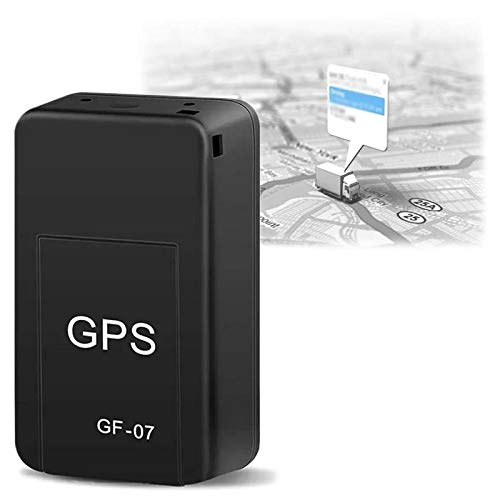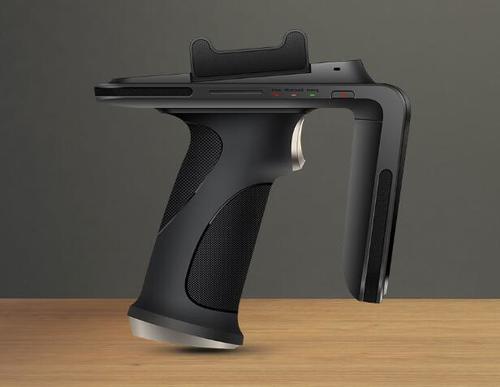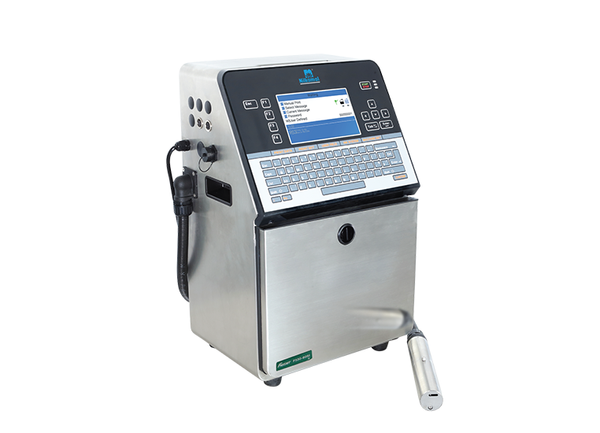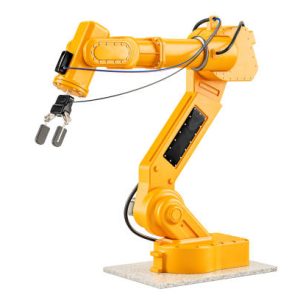Overview: Epson Lab Automation Robots, developed by the brand Epson, have gained significant traction in lab automation due to their advanced features such as the C3 6-Axis robots, versatile G-Series, and unique RS-Series SCARA robots. These robots are designed for industrial use with 5 axes, offering rapid cycle times and high repeatability. They are capable of functioning in demanding environments with varying temperature and humidity conditions.
Benefits:
- Enhanced Automation: Epson Robots contribute to increased automation in laboratory processes, improving efficiency and precision.
- Diverse Robot Options: The range includes C3 6-Axis, G-Series, and RS-Series SCARA robots, providing flexibility to suit different automation needs.
- Rapid Cycle Times: With a cycle time of just 0.37 seconds, these robots can perform tasks swiftly, minimizing operational delays.
- High Repeatability: Achieving a repeatability of +/-0.020mm ensures consistent and accurate results across repetitive tasks.
- Adaptability: Epson Robots can operate in humid conditions of up to 80% non-condensing humidity and high temperatures up to 40 degrees Celsius.
Features:
- 5-Axis Configuration: These robots offer 5 axes of movement, allowing complex and precise motions to perform a wide range of tasks.
- Vision Guide: Epson Robots support vision guidance systems, enabling them to accurately locate and interact with objects.
- .NET Support: Integration with the .NET framework simplifies the development and control of automation processes.
- Conveyor Tracking: The capability for conveyor tracking ensures seamless interaction with moving parts of the automation process.
- Force Sensing: Equipped with force-sensing technology, the robots can interact with objects gently and adapt to varying forces.
Applications:
- Sample Handling: Epson Lab Automation Robots excel in handling and transferring samples within laboratories, reducing manual intervention.
- Automated Testing: These robots are well-suited for automating testing procedures in various industries, enhancing accuracy and speed.
- Liquid Handling: With their precision and repeatability, the robots are valuable in automating liquid handling tasks, reducing human errors.
- Microplate Processing: Epson Robots can efficiently manage tasks involving microplates, such as sorting, stacking, and transporting.
- Data Analysis: These robots can be integrated into automated data analysis workflows, improving efficiency in processing and analyzing experimental data.





















Reviews
There are no reviews yet.